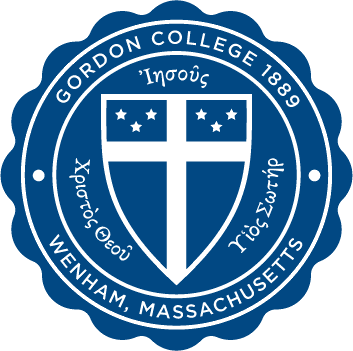
Gordon College’s accreditation not at risk
(by Stanley Carlson-Thies)
The story last July, 2014, was shocking: evangelical Gordon College north of Boston might lose its accreditation because of its policy requiring students, faculty, and staff to reserve sexual relations to man-woman marriage. This is a normal policy for evangelical campuses, which regard the policy as biblically required. And the policy is legal. Yet opposition grew swiftly after attention was drawn to Gordon and its policy when its president, Michael Lindsay, signed a letter to President Obama asking him to include strong protections for religious freedom in his planned Executive Order banning LGBT discrimination by federal contractors.
A complaint was made to the regional accrediting agency, the Commission on Institutions of Higher Education of the New England Association of Schools and Colleges (NEASC), which said it would look into Gordon’s accreditation. A local town ended a contract with the college. And so did a local school district, where Gordon students had long volunteered; they were always welcomed, but now their college was deemed discriminatory and they could no longer serve.
Yet, in March, 2015, Gordon College reaffirmed its conduct policy, while taking steps to ensure that no one is excluded or mistreated because of a same-sex inclination. And-although the remark appears not to have been widely reported-the head of the accrediting agency has clarified that Gordon’s accreditation is not at risk. Also in March, Dr. Barbara Brittingham told a reporter from CBN News that Gordon College’s accreditation was not at risk and that a follow-up report requested from the College was routine.
The very negative reaction to Gordon’s countercultural campus life policy appeared to validate fears that its accreditation could be stripped, its educational effort undermined. And there is good reason to be concerned about the accreditation of morally and religious conservative higher education institutions going forward.
Yet the American tradition, including the American tradition in higher education, supports religious freedom, diversity of convictions, and the independence of educational institutions from governmental and popular pressure. As Shirley Hoogstra, President of the Council for Christian Colleges and Universities, has said,
“We knew all along that Gordon’s accreditation was not at risk. One of the core functions of accreditors is to ensure that institutions are being faithful to their missions, and the Higher Education Act specifically protects religious missions. We’re glad that this is explicitly clear now, as there has been unintended and unfortunate confusion. … Accreditation affirms academic excellence and fidelity to mission, and so considering and respecting religious mission is a natural fit in this process.”
